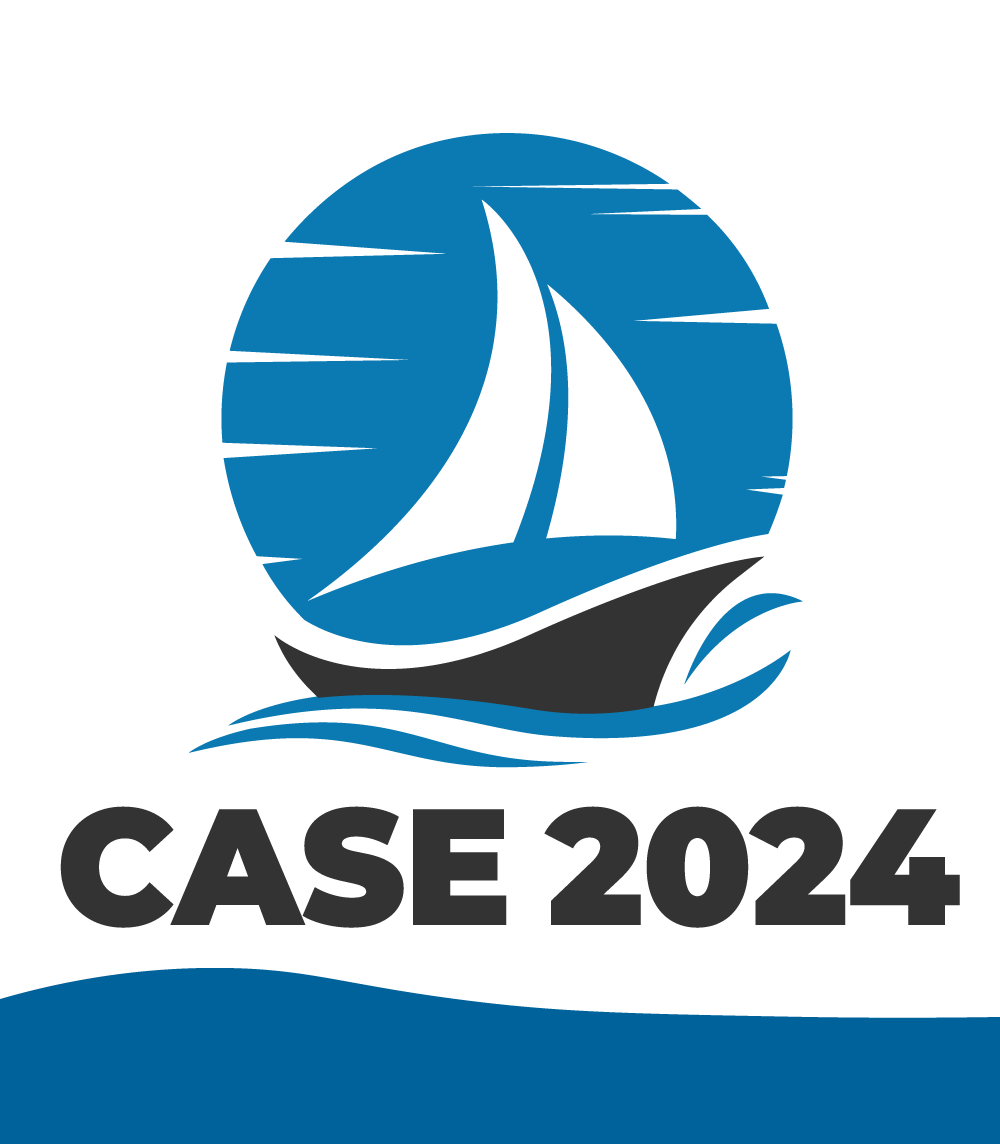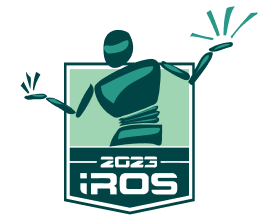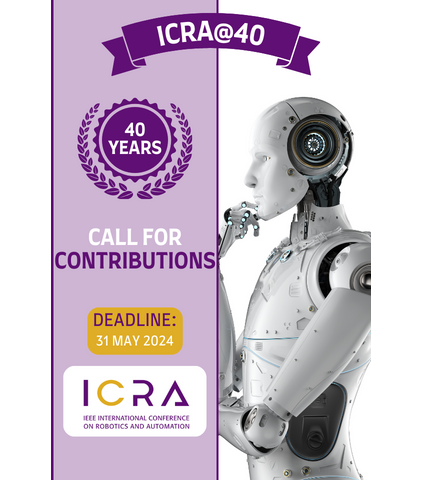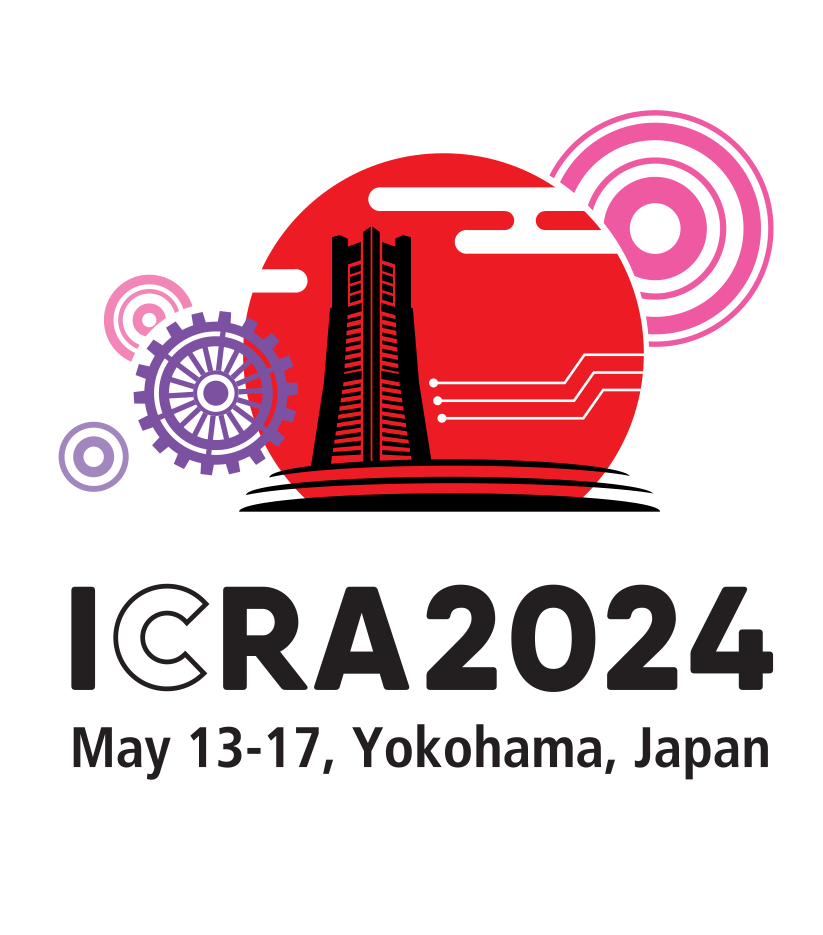Call for Papers: T-CDS Special Issue on Continual Unsupervised Sensorimotor Learning
A Special Issue in the IEEE Transactions on Cognitive and Developmental Systems is planned for 2019. Topic: "Continual Unsupervised Sensorimotor Learning," with the submission deadline of 28 February 2019.
Aim and Scope
Although machine learning algorithms continue to improve at a rapid pace enabling technologies and products such as autonomous driving cars and sophisticated image and speech recognition, it is often forgotten that these applications represent tailored solutions to specific tasks. Thus it is not clear if or how these autonomous systems can pave the road to general purpose machines envisioned by many.
The pursuit for higher levels of autonomy and versatility in robotics is arguably lead by two main factors. Firstly, as we push robots out of the labs and productions lines, it becomes increasingly difficult to design for all possible scenarios that a particular robot might encounter.
Secondly, the cost of designing, manufacturing, and maintaining such systems becomes prohibitive.
As the algorithms for learning single tasks in restricted environments are improving, new challenges have gained relevance in order to get more autonomous artificial systems. These challenges include multi-task learning, multimodal sensorimotor learning and lifelong adaptation to injury, growth and ageing. Addressing these challenges promise higher levels of autonomy and versatility of future robots.
This special issue on Continual Unsupervised Sensorimotor Learning is primarily concerned with the developmental processes involved in unsupervised sensorimotor learning in a life-long perspective, and in particular the emergence of representations of action and perception in humans and artificial agents in continual learning. These processes include action-perception cycle, active perception, continual sensory-motor learning, environmental-driven scaffolding, and intrinsic motivation.
The special issue will highlight behavioral and neural data, and cognitive and developmental approaches to research in the areas of robotics, computer science, psychology, neuroscience, etc. Contributions might focus on mathematical and computational models to improve robot
performance and/or attempt to unveil the underlying mechanisms that lead to continual adaptation to changing environment or embodiment and continual learning in open-ended environments.
Contributions from multiple disciplines including cognitive systems, cognitive robotics, developmental and epigenetic robotics, autonomous and evolutionary robotics, social structures, multi-agent and artificial life systems, computational neuroscience, and developmental psychology, on theoretical, computational, application-oriented, and experimental studies as well as reviews in these areas are welcome.
Topics
This special issue aims to report state-of-the-art approaches and recent advances on Continual Unsupervised Sensorimotor Learning with a cross-disciplinary perspective. Topics relevant to this special issue include but are not limited to:
- Emergence of representations via continual interaction
- Continual sensory-motor learning
- Action-perception cycle
- Active perception
- Environmental-driven scaffolding
- Intrinsic motivation
- Neural substrates, neural circuits and neural plasticity
- Human and animal behaviour experiments and models
- Reinforcement learning and deep reinforcement learning for life-long learning
- Multisensory robot learning
- Multimodal sensorimotor learning
- Affordance learning
- Prediction learning
Submission
- Manuscripts should be prepared according to the “Information for Authors” of the journal
- Submissions must be done through the IEEE TCDS Manuscript center. Please select the category “SI: Continual Unsupervised Sensorimotor Learning”.
Important Dates
28 February 2019 – Paper submission deadline
15 April 2019 – Notification for authors
16 June 2019 – Deadline revised papers submission
16 July 2019 – Final notification for authors
18 August 2019 – Deadline for camera-ready versions
September 2019 – Expected publication date
Guest Editors
Nicolás Navarro-Gerrero, Aarhus University, Aarhus, Denmark
Sao Mai Nguyen, IMT Atlantique, France
Erhan Oztop, Ozyeğin University, Turkey
Junpei Zhong, National Institute of Advanced Industrial Science and Technology (AIST), Japan







